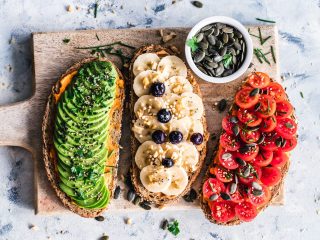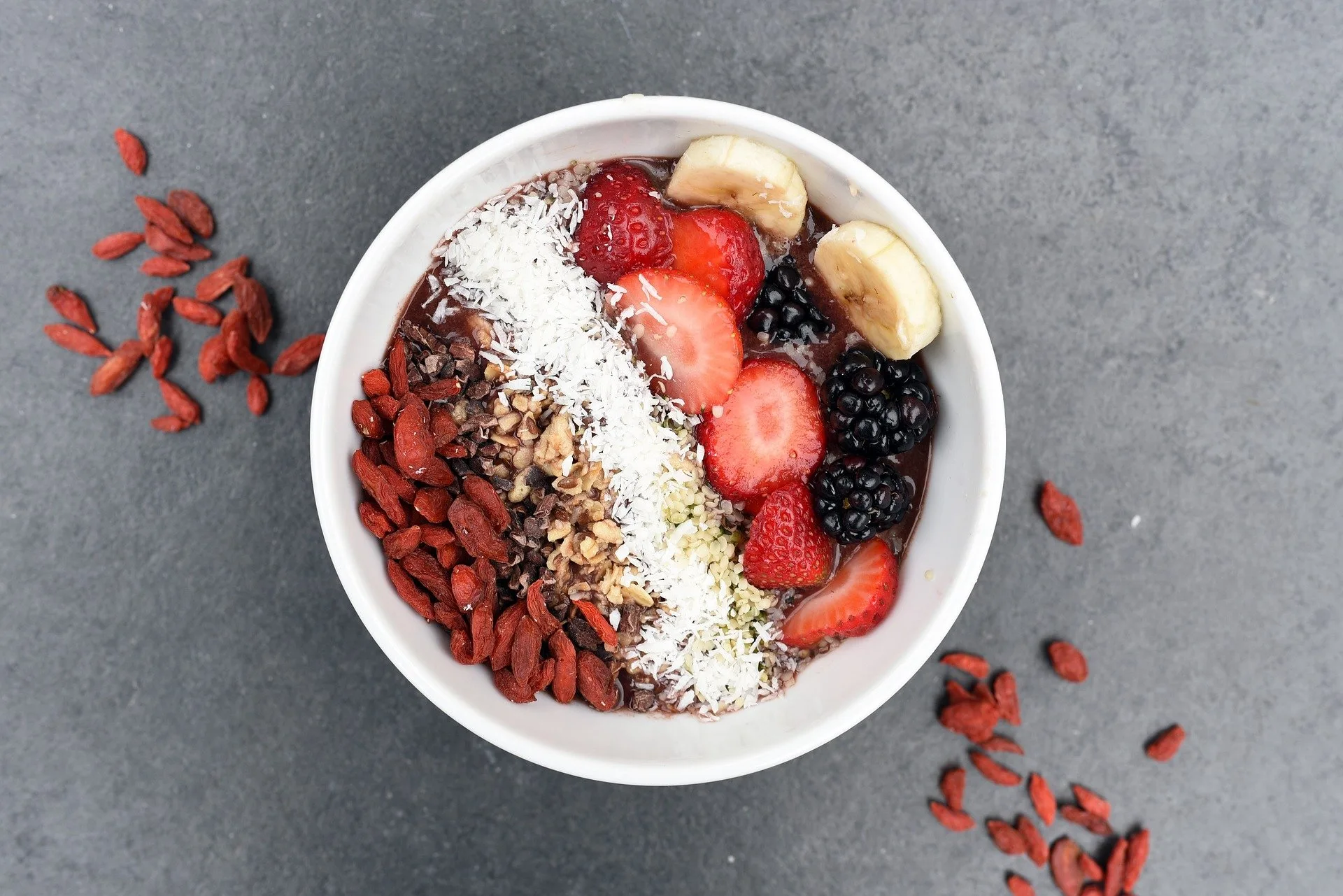If you think that skipping breakfast is a healthy move, you may be wrong! Did you know that longevity researchers recommend a BIG breakfast? According to science, the world’s longest-living populations all share this one breakfast attribute-they eat their largest meal of the day first.
What can breakfast do for your longevity?
If you are not a fan of intermittent fasting, you’ll be pleased to discover that there is still some merit in eating breakfast like a king! In fact, some of the longest-living people in the world are those who eat a big, albeit healthy breakfast.
Research shows that many of the world’s Blue Zones (regions across the globe with the highest concentrations of centenarians) follow the practice of eating their largest meal of the day in the morning.
The Blue Zones were coined as a way of pinpointing parts of the world where people lived the longest, healthiest lives. The regions include Sardinia in Italy, Ikaria in Greece, Okinawa in Japan, Nicoya in Costa Rica, and Loma Linda in California.
Ever since the concept of Blue Zones was founded, researchers have discovered various commonalities in lifestyle habits among these communities. These include their diet, movement, spiritual values, and daily practices – and it certainly seems that the Blue Zone centenarians don’t take breakfast lightly.
Breakfast Practices in the Blue Zones
According to a research article published in the American Journal of Lifestyle Medicine, one of the core values shared among Blue Zone centenarians is the practice of eating their largest meal for breakfast and a much smaller meal in the afternoon or early evening.
They enjoy whole foods – such as oatmeal, fruit & nuts – and avoid added sugars, refined carbohydrates, and highly processed foods.
According to the same article, many of these individuals are also likely to make it well into their early 90s without chronic disease. If their health span is just as impressive as their life span- their habits may be the ones that we should adopt!
Evidence-based research has collated the following 9 common denominators that are practiced habitually among the world’s Blue Zone centenarians:
9 Reasons Why People Have Longevity in the Blue Zones
#1 They Move Naturally
The world’s longest-living humans do not pump iron or count steps. Their daily environment simply nudges them towards constant movement. They labor in their own gardens and do their own housework without help or any convenient mechanical/technological shortcuts. They lead incredibly busy lives and burn many calories through constant physical activity.
#2 They Have Purpose
Okinawans call it Ikigai and the Nicoyans call it plan de vida. For both, it translates to “Why I wake up in the morning.” According to science, having a sense of purpose is worth up to 7 years of extra life expectancy!
#3 They Downshift Stress
People in the Blue Zones do experience stress. As we know, stress leads to chronic inflammation – which is associated with most age-related diseases. However, what they seem to know, is how to shed their stress. Okinawans take time out each day to remember their ancestors; Adventists pray; Ikarians take a nap, and Sardinians do happy hour. We all have our own preferred method for releasing stress, but practicing it daily seems to be the superpower!
#4 They Follow the 80% Rule
Okinawans practice an ancient Confucian mantra before they eat. They use his 2500-year-old motto – “hara hachi bu“- to remind them to stop eating when they are 80% full. The 20% gap between no longer feeling hungry -and- feeling full could mark the difference between losing or gaining weight.
#5 They have a Plant-Based Plan for Longevity
Legumes, including fava beans, black beans, soybeans, and lentils, are the foundation of most centenarian diets. Meat—mostly pork—is only eaten approximately 5 times per month. Serving sizes of meat are also small- typically being 3 to 4 oz (about the size of 3-4 matchboxes.)
Further epidemiological data support that a high intake of plant foods is inversely associated with inflammation, which could explain why leaning towards plants as a staple improves longevity in the Blue Zones.
#6 They Enjoy a Small Dose of Alcohol
Most people living in the Blue Zones (except Adventists) drink alcohol moderately and regularly – enjoying 1 to 2 glasses per day with friends and/or with food, but never in excess.
What’s particularly interesting is that moderate drinkers tend to outlive non-drinkers, although this conclusion has also been observed in other studies.
#7 They Cultivate a Culture of Belonging
Most centenarians interviewed belonged to some type of faith-based community. Regardless of denomination, research showed that attending faith-based services 4 times per month substantially increases the likelihood of longevity.
#8 They put Family First
Family culture in the Blue Zones includes keeping aging parents and grandparents at home or nearby. They also commit to a life partner and invest in their children with time and love. This approach fosters reciprocal nurturing, which ensures family well-being at every age.
#9 They adopt Healthy Friends
It seems that healthy people choose—or are born into—social circles that support healthy behaviors. Research from Framingham Studies shows that smoking, obesity, happiness, and even loneliness can be contagious. If obesity can spread through social ties, so too could a social network favorably shape health behavior and longevity.
In conclusion
If jumping on the fasting bandwagon is not your preferred way to live, rest assured that there are other healthy approaches to practice. We know that a low GI breakfast can set the tone for stable blood sugar and improved energy levels throughout the day. Yet, according to Blue Zone research, a good plant-based breakfast appears to improve health span and longevity as well!
A variety of plant-based whole foods at every meal sets Blue Zone centenarians apart.

Photo by Ella Olsson on Unsplash
If you love breakfast, then there’s no reason to give it up! However, if you are after breakfast with health benefits-choose whole grains with added vegetables, seeds, legumes, or fruit! The fiber content and nutrient density of whole foods will improve gut health and offer far greater satiety than a highly processed breakfast cereal or pastry on the go!
Toasted pepitas & avocado on seed toast, anyone?
Healthy, plant-based breakfast options can be delicious, and the options are endless!
About the author
 Cary is a Registered Dietitian and writer. She is a foodie, art- and literature enthusiast, coffee-lover, impulse buyer of recipe books, and a very messy cook!
Cary is a Registered Dietitian and writer. She is a foodie, art- and literature enthusiast, coffee-lover, impulse buyer of recipe books, and a very messy cook!
She has collaborated on the development of three successful health & wellness cookbooks and has a special interest in the philosophies of mindful eating, which she promotes @contemplate.and.co.





![women [longevity live]](https://longevitylive.com/wp-content/uploads/2020/01/photo-of-women-walking-down-the-street-1116984-100x100.jpg)









